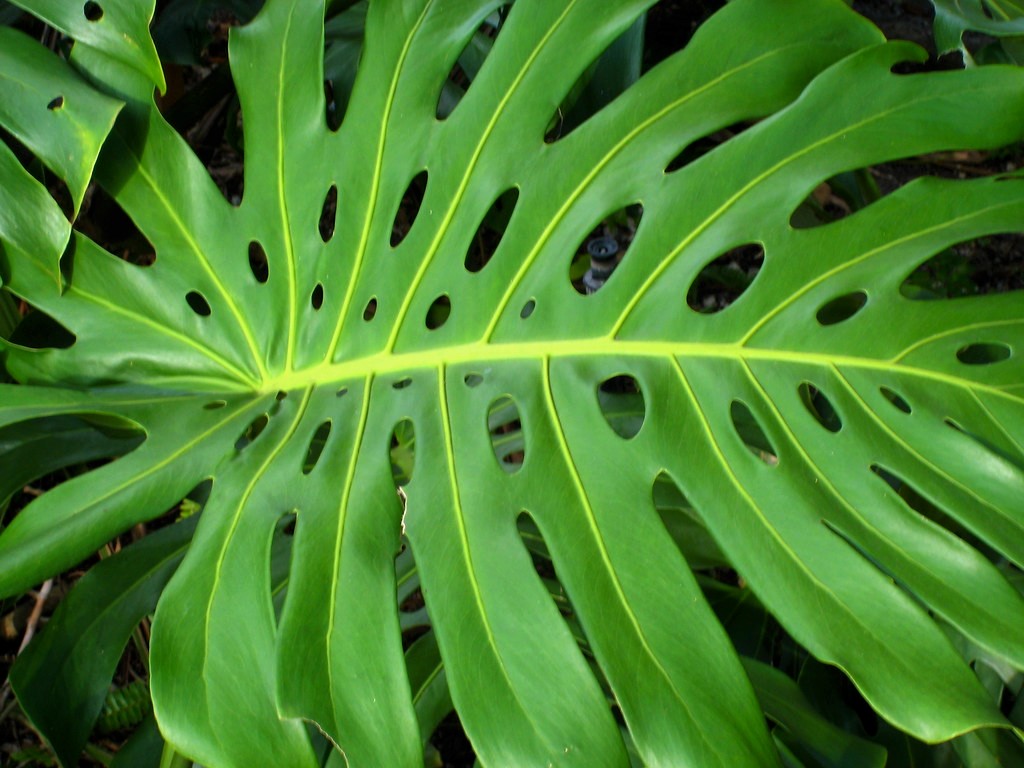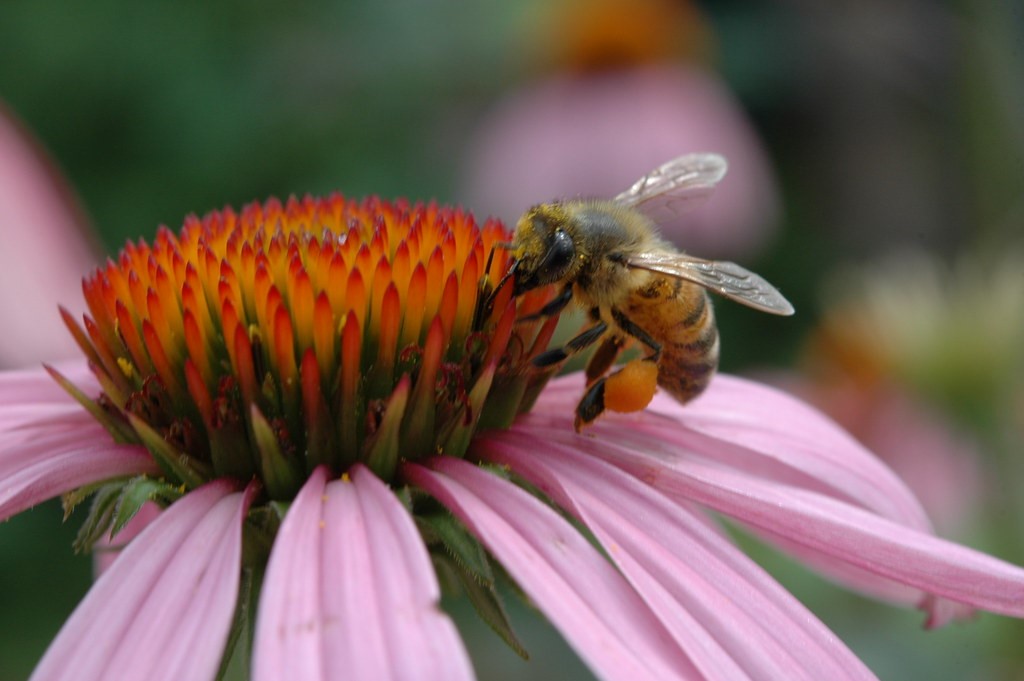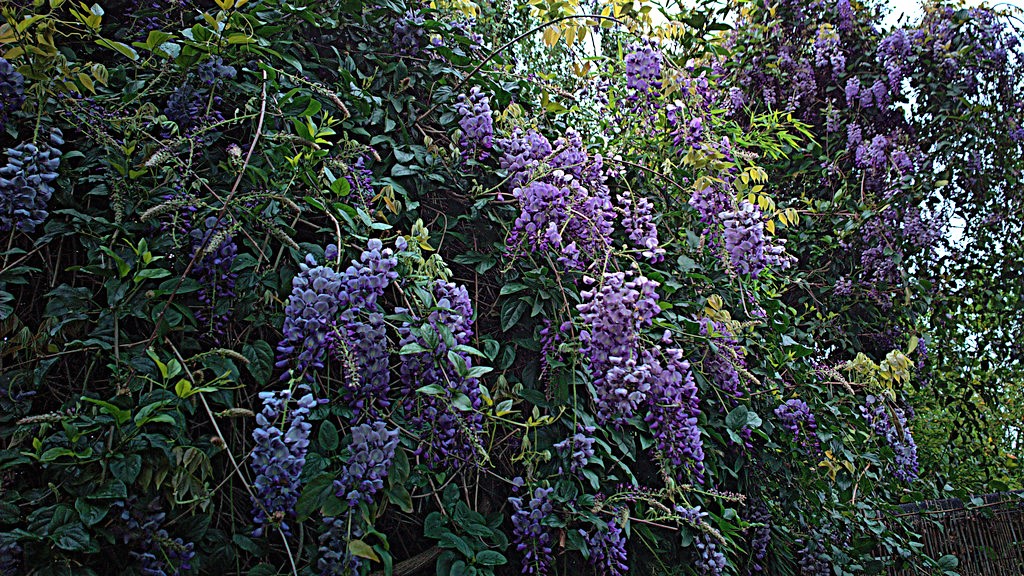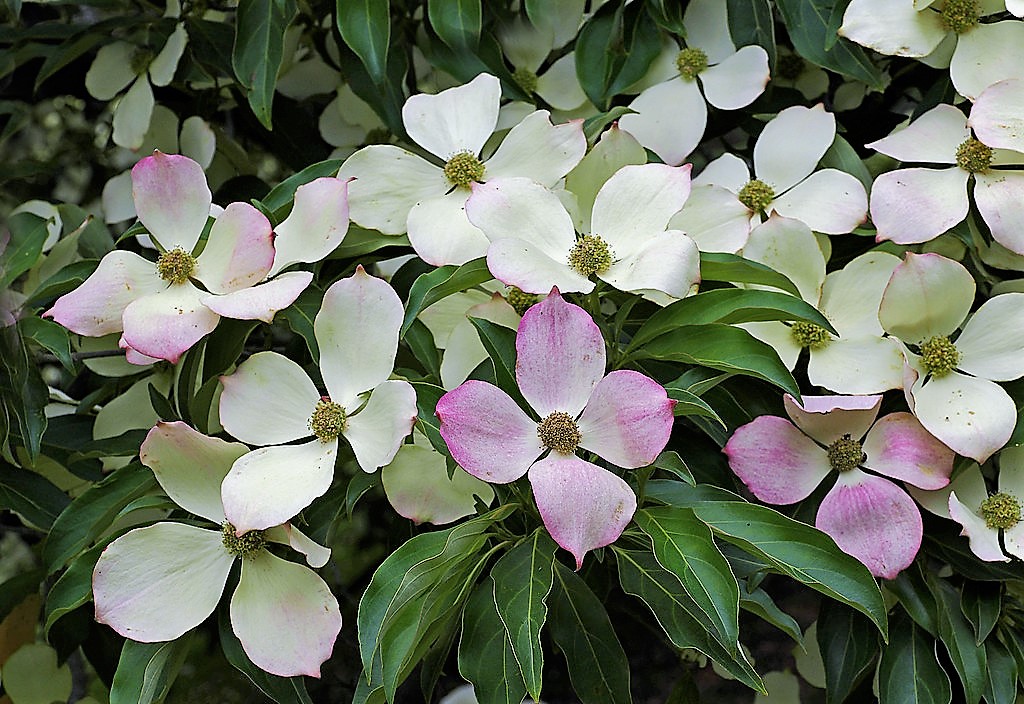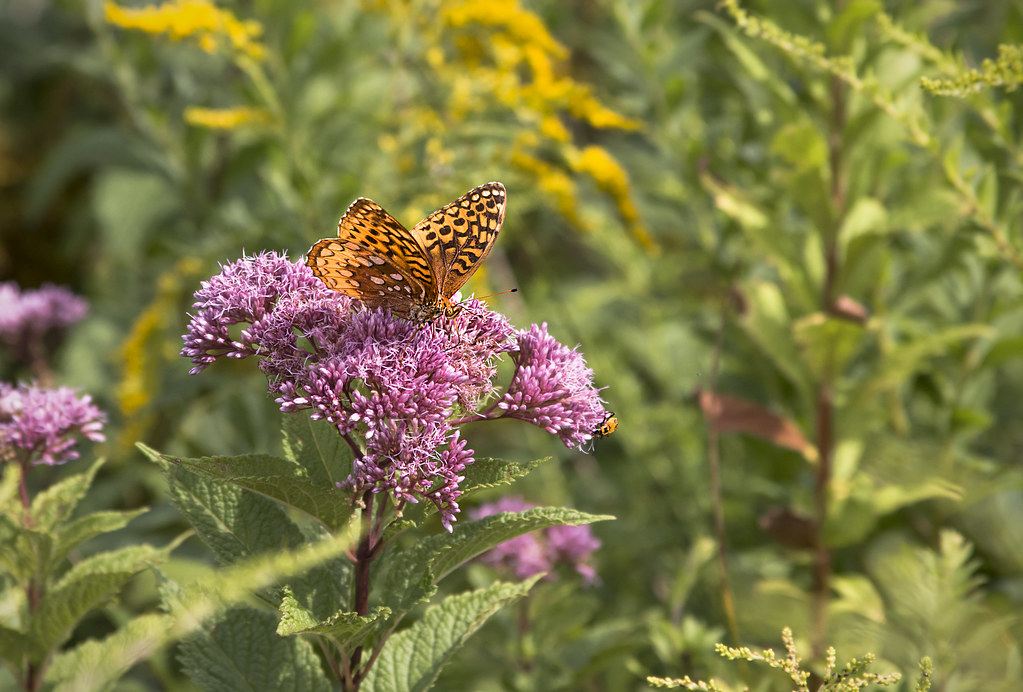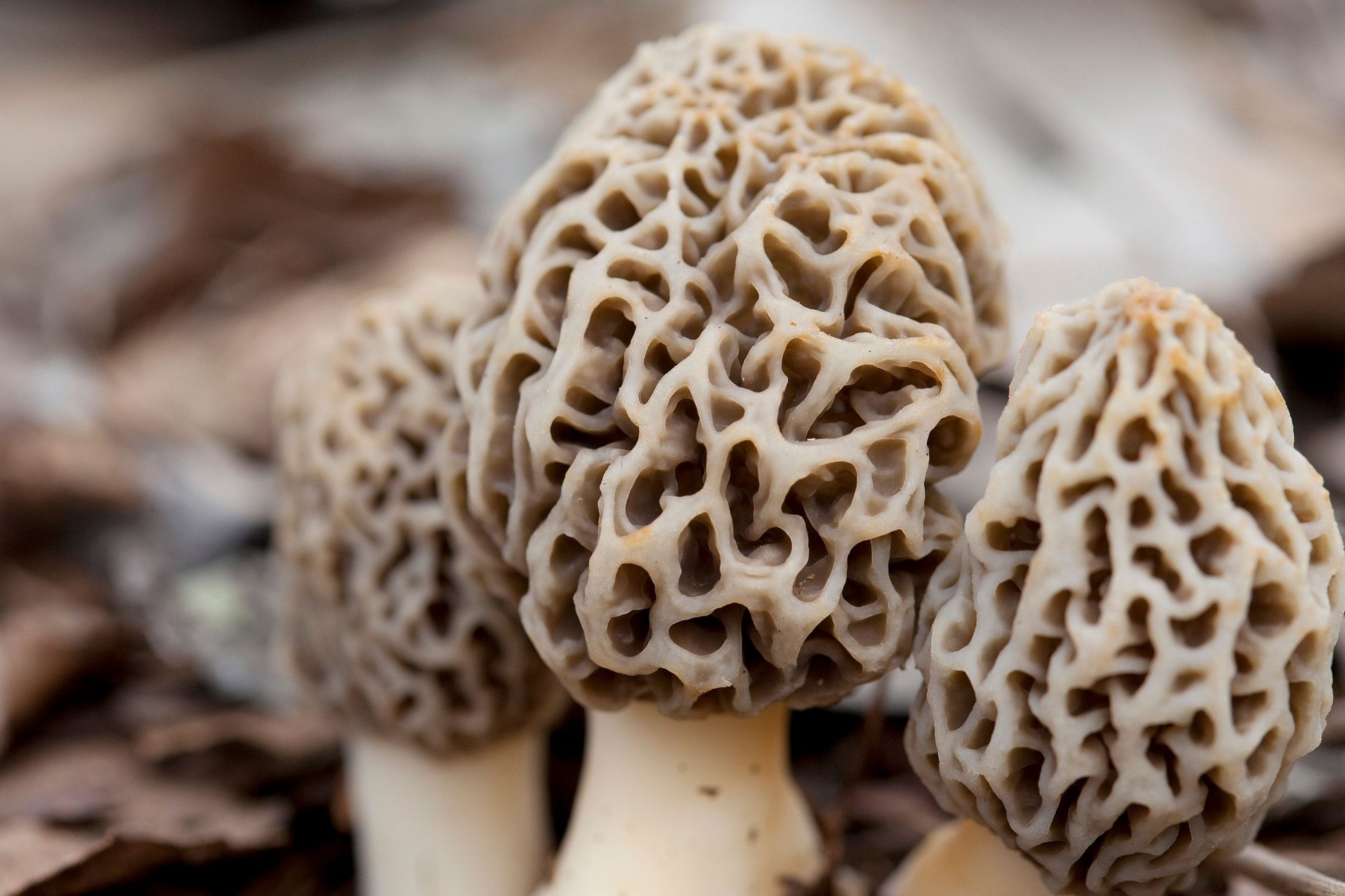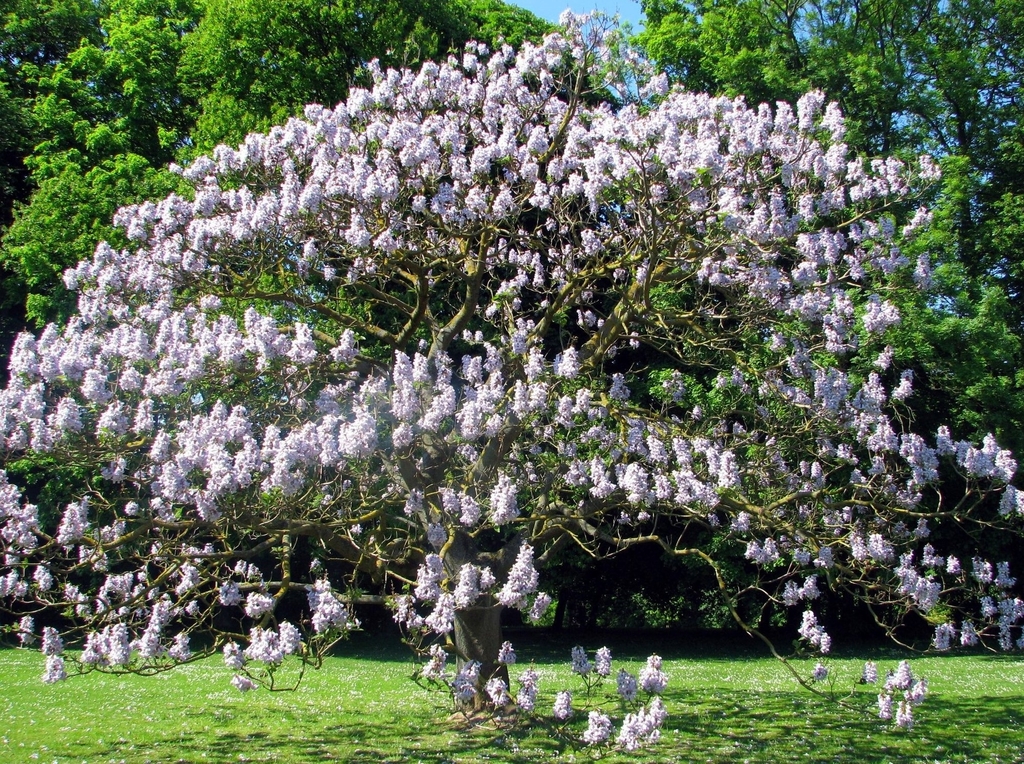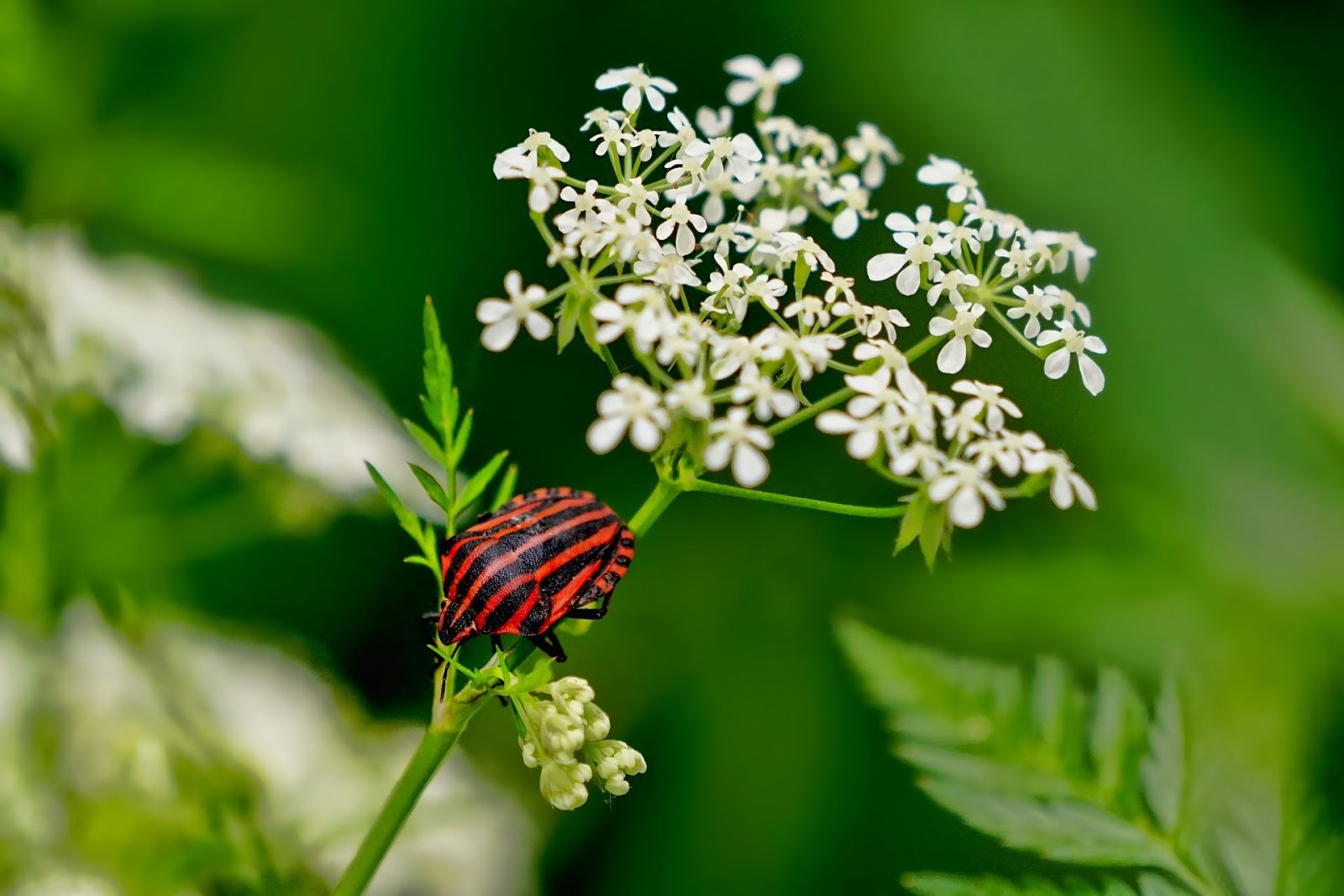By: Ash Green Proper plant placement plays an essential role in landscape design. It is a compromise between the science of growing plants and the desire for artistic expression with plants. It is also important to note the abundant environmental benefits associated with proper plant placement. For example, tree placement has a significant role in energy conservation. Winter sun that enters south facing windows can heat your home effectively. Evergreen […]
Plant Spotlight: Making Sense of our Swiss Cheese plants (Monstera deliciosa)
By: Elena Roman What good would a leaf with a bunch of holes in it be for a plant? You would think, that if the sole function of a leaf is to absorb and process as much sunlight as possible in order to make food for the entire plant, the leaf must have to be big, green, and certainly not have giant, gaping holes. Of course, in the natural world, […]
Are all Invasive Species Bad?
By: Andrew Obloy We should all do our best to help our native plant species thrive. Whether in the environment around us, or in our own home gardens. Care should always be taken when introducing non-native plant or animal species anywhere. The potential damage could be catastrophic to an ecosystem. Today we are going in a different direction. I want to talk about the invasive species that have […]
Non-Native vs Invasive Plants
By: Andrew Obloy Our native plants are amazing. They are here for a reason, and we should use them as much as we can in our own landscapes. That being said, not all non-natives should get a bad rap. For many, the word invasive feels synonymous with non-native. I will always encourage the use of native plants in your own garden, but I don’t think we should look at all […]
Going Native: Part 2
By: Gabrielle Phillips Benefits of adding more native plants to your garden. Climate change, it is a hot topic. Some say if we don’t do anything to remedy the issue the earth is going to kick us off into outer space and we will be sucked into a black hole. I am not actually sure if anyone said this nor do I believe that will happen but, I do believe […]
Going Native
By: Gabrielle Phillips The days begin to get longer and hotter, sweat seems to be a regular part of our wardrobe and the lush foliage of our landscape is in full effect. Flowers are in bloom everywhere and if you have a vegetable garden you maybe harvesting fresh tomatoes, herbs, and squash for your dinner. The summer brings us a feeling of abundance due to the great amount of growth […]
Fungi in the Garden
By: Karl Deibert Friends, foes and tasty treats… Our world hosts an untold number of species and nowhere is that more evident than within the kingdom of fungi. To date, we’ve described around 5 percent of the estimated 2.2 million species. Throughout most of our horticultural history mushrooms, molds, and other fungi have been viewed as no more than garden pests and boy, were we wrong. The vast majority of […]
White-tailed Deer Overabundance
Written By: Elena Roman The white-tailed deer (Odocoileus virginianus) is undoubtedly one of the most witnessed wildlife we interact with in our American existence. Come fall, as vegetation dwindles, depleting food sources in wooded areas, deer are forced to search for food in places they otherwise would feel insecure (as you can probably notice by your mauled or nonexistent Hostas). More recently, this shift has become particularly evident as deer […]
Invasive Species in our Landscape
Written By: Elena Roman There can be many obstacles in the process of establishing a new garden, or even in the maintenance of an existing garden. The usual suspects being weeds, improper soil pH and/or drainage, irrigation, and pests. Among the most pervasive and stubborn of obstacles we encounter as gardeners are invasive plants; they compromise our designs, and more importantly, the health of our foundational native ecosystems that support […]
Introduction to Integrated Pest Management
Written by Kyle Hiteshew What is Integrated Pest Management? Integrated Pest Management (IMP) is an eco-system based strategy that focuses on long-term prevention of pests and their damage, through a variety of methods, such as biological controls, habitat manipulation, changing cultural practices and the use of resistant varieties of plants. Chemical controls are carried out in the form of applications, performed only by a certified technician. Pesticides are used after […]


